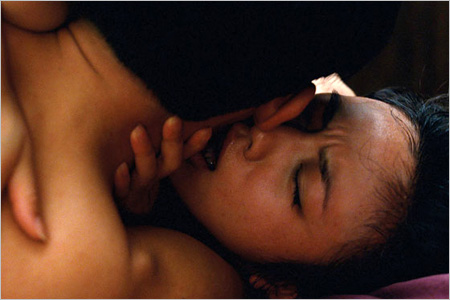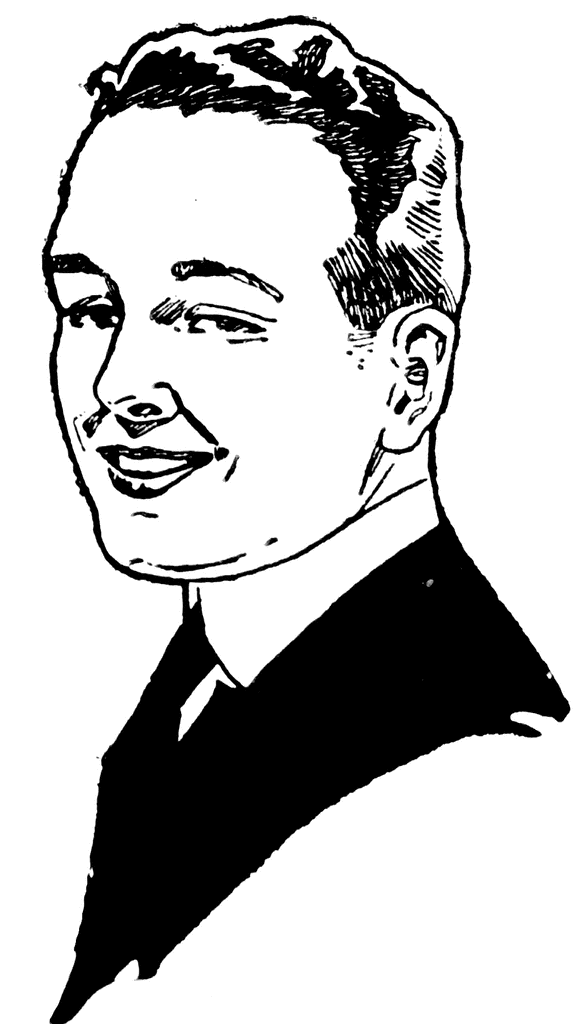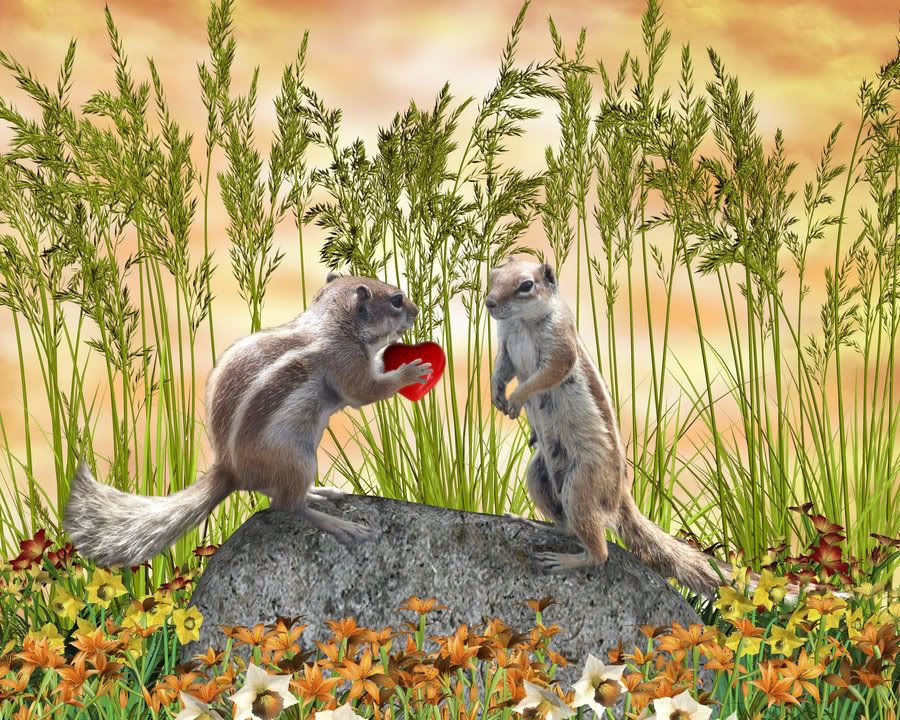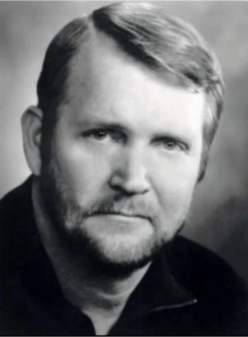







The Pragmatic Side of Love
by
Gary DeVaney
Thought + Electricity + Feeling + Chemicals + Emotion Intensity

If “FREEDOM” is unaccountable time
“LOVE” is slavery.
Count your loves and you will count the masters that you are a slave to and to whom you account for your time.
Dopamine = feelings of love euphoria. It is the brain’s pleasure chemical. Focus attention, elation. Cocaine provides some dopamine. A dopamine high is addictive. It keeps you coming back for more. Testosterone and Dopamine provide lust. Dopamine raises the sex drive even in non romantic situations. Thrill seekers provide themselves a dopamine rush. Women on an adrenalin rush rate men higher. These natural chemicals put us in the mood and then having sex makes us addicted too the feeling or craving to want more.
How many people, who claim to be in love, are having an affair with a hallucination – “The Love Virus”?

Testosterone triggers our sex drive.
Dopamine makes us addicted to the feeling / desire / pleasure of sex.
Is there a chemical responsible for falling in love?
A gene or a combination of our human animal genes are responsible. They produce cells that produce chemicals and electricity. The electricity provides thoughts and the chemicals produce feelings. Together they effect the mind, glands and nervous system. The ego, which normally has received programmed behavior restriction decides on what action to take. Predictable thoughts and behaviors follow.
Modern MRI equipment and machines have scanned and detected physical evidence in portions of normal brains show “love” activity.
A brain system’s “love-mode” is triggered by focusing on the love object. The area called the “ventral segmental” lights up and broadcasts triggered love. This is where Dopamine is made.
Another part of the brain called the “caudate nucleus”. It is where many factors of past experience and present environment combine with Dopamine to produce a love experience. This is the portion of the brain that wants, craves concentrates, galvanizes, and focuses on something or someone. Its activation makes you try to win that something.
The mental difference between lust and love boils down to this one structure of the brain.
Lust is a thrill-seeker’s “high” and it fades with time.

“Falling in love” rewards or tortures those who become addicted.

You can feel your sex drive with someone and not be in love with them.
You can be in love with someone and never had sex with them.
They are different brain systems.
Unconditional Love: Many looking for unconditional love end up with someone with unconditional needs.
Only 3% of the mammals on planet Earth pair-bond for life.
And, the Human Animal isn’t too successful at it.
A primitive woman with a baby could not protect herself so she learned to barter sex by insisting on pair-bonding.
Pair-bonding became essential to females and acceptable to males so civilization began. The human genes, to promote themselves safer, installed portions of the brain to be receptive the electrical / chemical mixes they derived and which evolved.
Lust and love is a genetic chemical roller-coaster inside our brains.
Chemistry brings us together and chemistry drives us apart.
Religions, Governments and cultures want us to mate for life.
Our evolving mixed genes may have other long-suits.
People may have a monogamous strategy with one other person with a family goal but have sex with others for fun and not require monogamy.
Most human animals evolve to find that they have more than one mating strategy / instinct.
People who don’t commit to one another are usually more prone to have multiple sexual partners.
97% of the animal world have multiple sexual partners. If a person is over 50 and honest, he or she probable fall in that 97% who have had sex with multiple partners.




One can be Addicted to Variety
A male has a limited role in child creation. The woman has the dedication, work and sacrifice to bring her child into the world. The male’s involvement could have been only a “one-night-stand”.
A female’s genes – which trigger her thoughts and feelings – may also require sexual variety.
Women prefer the more masculine men when they are ovulating – the more feminine man when they are not.
Often married women seek masculine men to satisfy they genetic lust. Many genetically crave to seek out and receive superior genes to produce superior offspring. Many crave superior lust – just as men do.
When their long-term partner no longer satisfies those lustful genetic cravings, they become thrill-seekers and seek sex with others.
Familiarity, for many, is the greatest killer of long-term lust.
When women socially expose their skin and exaggerate their body movements, they cause male testosterone to rise.

Women who are ovulating and with a steady partner and who most expose their skin and move most attractively are the sexiest and most flirtatious in public. They send the most sexual signals.
For every heterosexual man, married or single, who has sex, there is a woman. It is more of a 50-50 proposition they many would think.
Around the world, couples who have been together around 4 years is the time when breakups occur.
Most human males and females have a duel reproductive strategy.
A tremendous desire to have sex, fall in love, form a pair-bond and raise the children as a team.
And, for most, the genes always have the tendency to stray.
Does love have any lasting role in the biology of sex?
Generally – in a relationship – who loves least – controls.
Generally – in a relationship – who is the most attractive – controls.
Some couples do mate for life and are happy. Some mate for life and are not happy.

Biology and evolution resists long-term monogamy for most species.
Love is many things for many people. Most are in love with their genetic love model that was triggered by a love object.
Some are in love with the idea of being in love.
It only takes a moment of passion to provide genes for the next generation.
It’s like there is no God – but – there is a belief in God.
Choosing a partner is a small part of human reproduction. Any animal can reproduce. You have to succeed at the business of raising a family. Most don’t see it as a business and fail at it.
Sex is for fun. Reproduction is a hard-working business.
Vasopressin = mantling, possessive, jealous. Vasopressin is a monogamy hormone. It does tend keep a family together.
It insists on monogamy – especially by the female.
Rank cannot exist between true friends.
Promiscuous = low Vasopressin.
The Oxytocin hormone is in the brain of monogamous women.
Does a wedding-ring serve as a mind-control device?
Love: A Manipulative Word
Love, like God, is a “Pavlovian” word that triggers a desired, manipulative, predictive and expected “conditioned response”. Love is a word often used by romantics. The word love is mostly used to trigger desired feelings, disarm unwanted attitudes and to promote behaviors resembling obedience, humility and willing servitude. When someone wants love, they want to be served. When someone authoritatively introduces “love” into your conversation or dialog, you are being manipulated. It’s a topic – agenda – game changer. They are seeking emotion control and behavior control over you. They are also testing your suggestibility to their attraction, their power and their influence. Of course, denial is automatic.
Helen Fisher & Lucy Brown – Study Of lust & love



Helen Fisher Lucy Brown
1. The sex drive testosterone is in both men and women.
2. Romantic love.
3 Attachment / long-term security.
Neural science
The brain has areas that actually light up when people feel love / sex.
I view that our genes are lit up strong or that they are dim and weak. Some aren’t lit up at all. I view that experience triggers genes and that genes trigger experiences. Our lit up genes trigger thoughts and feelings that we experience and act on.
Lasting love is mutual values.
An ultimate test of love is a painful sense of loss.
The Greatest Test of Love is The Sense of Loss
If our genes are causing us to do destructive or bad things to ourselves or others, we have to get in touch with them, through self-hypnosis / meditation and through our thoughts and feelings, reprogram them. We must shut down destructive genes that cause our destructive behaviors.
Is passion nothing more than a sub-conscious hunt for disease resistant genes? Do we have any choice in who we love?

To have great sex, you must be great sex.








Questions? Comments? Corrections?
